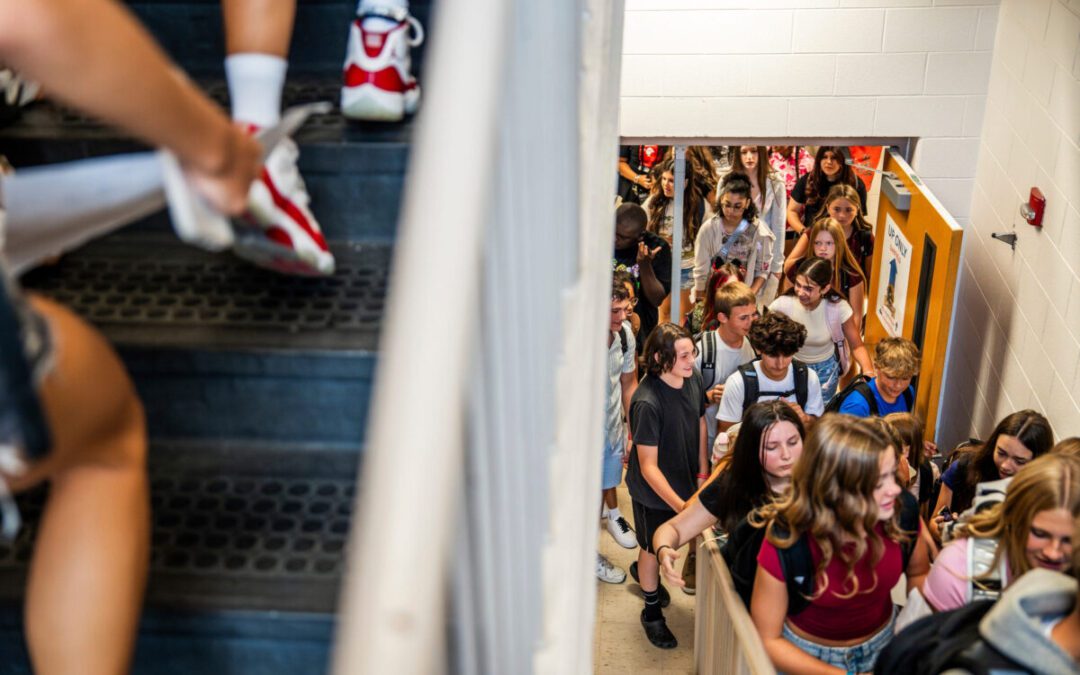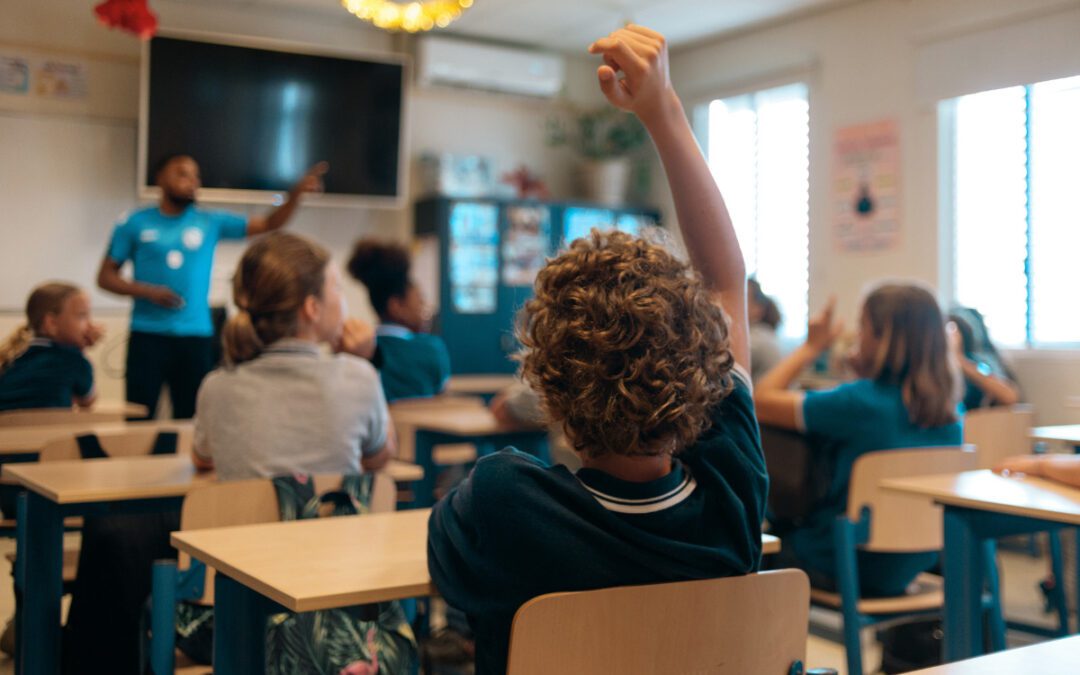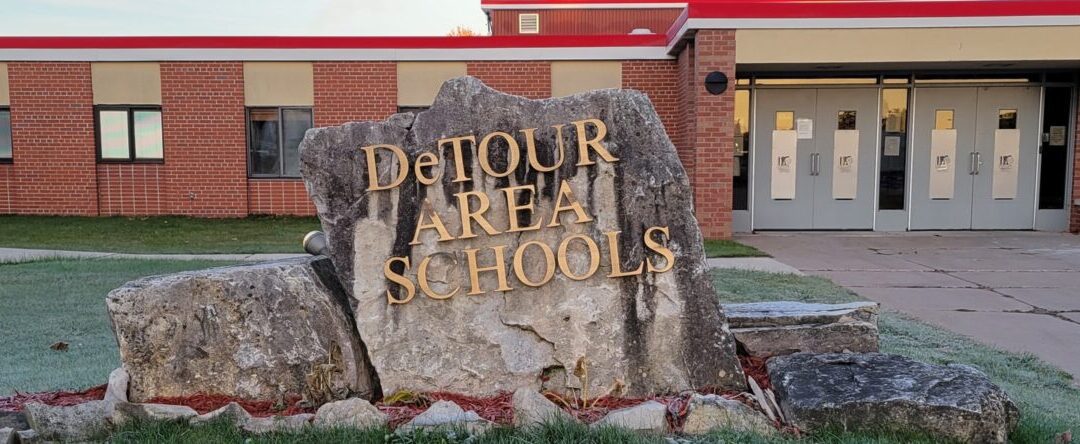
The state Senate approved two bills that are designed to identify Michigan children who show signs of dyslexia—and then provide them with the help they need to achieve literacy.
MICHIGAN—Two bills working their way through the state Legislature this month aim to ensure public schools in Michigan have the resources needed to help teach children with dyslexia.
Senate Bills 567 and 568—sponsored by state Sens. Jeff Irwin (D-Ann Arbor) and Dayna Polehanki (D-Livonia)—were approved last week in the Senate, and are now headed to the state House of Representatives for further consideration before they can be signed into law.
Together, they’re designed to help teachers better identify children in public schools who show signs of dyslexia, and provide evidence-based intervention so they can learn to read and write.
“Dyslexia is not rare; it affects up to one in five kids in each classroom,” Irwin said in a statement. “We have proven ways to help all kids learn to read. But those methods work much better when we intervene early, before kids with decoding difficulties start to struggle in school.”
Specifically, the legislation would tighten state standards for literacy screeners, who help schools identify students who may have dyslexia or have difficulty decoding language. It would also set new standards for teacher education programs—namely to ensure that teachers have the tools they need to actually help students with dyslexia in overcoming literacy challenges.
“Every teacher knows how empowering literacy is for students,” Polehanki said in a statement. “We know that dyslexia does not have to be a barrier if students get appropriate support.”
Under the bills, students in kindergarten through third grade would be required to be screened for dyslexia three times per year. Students in grades 4-12 would be screened on a case-by-case basis. And students flagged by screeners would then be targeted for extra reading support.
Current teachers would also be required to receive related professional development.
After passing the Senate, advocates for public education touted the legislation as a way to ensure every child in Michigan—particularly those with dyslexia—has the support they need.
“The need to act is clear,” said Teach Plus Michigan Executive Director Ben Locke. “Through this bill package, students and teachers will have the support they need through screening, evidence-based interventions, and teacher training, all grounded in the science of reading.”
Another bill introduced last year—House Bill 5098—also aims to address some of the challenges that dyslexic students all too often face inside Michigan’s public schools.
That legislation, sponsored by state Rep. Carol Glanville (D-Walker), would create a dyslexia resource guide and advisory committee within the Michigan Department of Education that consists of speech-language pathologists, educators, and literacy experts—all with the ultimate goal of helping Michigan schools navigate having students with dyslexia in their classrooms.
“Ensuring that every child has access to a quality education is one of my top priorities,” Glanville said. “As an educator, I’ve seen firsthand the unique challenges that those with dyslexia face. Proactively addressing dyslexia in schools ensures that those students are not left behind.”
All three bills have been referred to the House Committee on Education. They’ll need to pass there, again in the full House, and then be signed by Whitmer before they can become law.
READ MORE: Tristin’s ‘filing cabinet’ in her brain just needs time—and great teachers
For the latest Michigan news, follow The ‘Gander on Twitter.
Follow Political Correspondent Kyle Kaminski here.
Support Our Cause
Thank you for taking the time to read our work. Before you go, we hope you'll consider supporting our values-driven journalism, which has always strived to make clear what's really at stake for Michiganders and our future.
Since day one, our goal here at The 'Gander has always been to empower people across the state with fact-based news and information. We believe that when people are armed with knowledge about what's happening in their local, state, and federal governments—including who is working on their behalf and who is actively trying to block efforts aimed at improving the daily lives of Michigan families—they will be inspired to become civically engaged.


Michigan House passes bill to ban cell phones in classrooms
State lawmakers in the Michigan House of Representatives passed a bill to ban student phone use in classrooms, following in the footsteps of many...

Michigan teachers weaving lessons on Jan. 6 uprising into history classes
By Kim Kozlowski/Bridge Michigan Ask any history teacher in Michigan how their lessons could be better and they will tell you that they need to...

OPINION: Michigan’s students deserve a future full of opportunities
Michigan’s School Aid Budget must commit to closing opportunity gaps, funding special education, and supporting educators. In the back of my white...

Brighter days are ahead for students in the Eastern Upper Peninsula
Superintendent Robert W. Vaught explains how academic achievement and the mental health of students, teachers, and parents have improved since...

About 72% of Michigan students considered not ‘college ready’
By Clara Lincolnhol, Capital News Service LANSING – Nearly three quarters of Michigan high school students are considered to be unprepared for...





